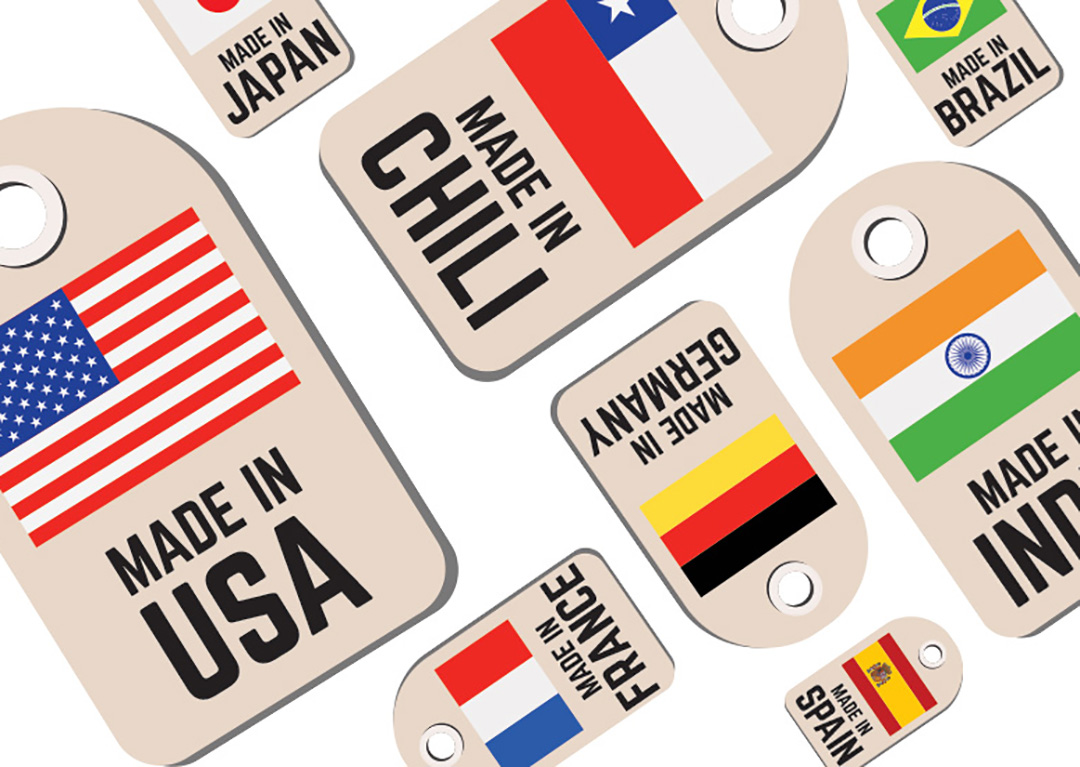Country-of-Origin: What Happens When Consumers Get It Wrong?
The country-of-origin effect is a well-established phenomenon in international marketing and consumer behavior research. Consumers often associate certain intrinsic qualities of a product or brand with the country where it is headquartered, influencing their product evaluations and purchase decisions. However, while the country-of-origin effect is widely studied, less is known about what happens when consumers misclassify a brand’s origin—a phenomenon known as brand origin misclassification. How do consumers react when they learn that the brand they thought was from one country actually originates from another?
The Prevalence and Impact of Brand Origin Misclassification
Brand origin misclassification occurs more frequently than one might expect. Some brands intentionally obscure or disguise their true origin to appeal to consumers who might favor products from a specific country. For example, in the competitive South Korean fashion market, many domestic brands adopt foreign-sounding names to appear more international, leading to higher incidences of brand origin misclassification.
In our study, conducted within this very market, we found that despite high levels of brand awareness, consumers could correctly identify the true origin of brands in only 34% of cases. Interestingly, consumers were slightly better at identifying the correct origin of domestic brands compared to foreign brands. However, in approximately 30% of all cases, consumers misclassified a brand’s origin, underscoring the prevalence of this phenomenon.
Consumers’ inability to identify brands’ origins should come as no surprise. Some marketers aim to de-emphasize or disguise the origin of a brand due to their pursuit of global marketing strategies or even deliberately to associate a brand with a country that has a better image than its source country.
How Misclassifications Influence Consumer Evaluations
The study revealed that consumers’ reactions to discovering a brand’s true origin are complex and often asymmetrical. When consumers learn that a brand’s true origin is more favorable than they initially believed, they tend to update their brand evaluations positively. However, if the revealed origin is perceived as less favorable, consumers often resist updating their evaluations. This tendency reflects a broader psychological principle where people are more willing to accept “gains” but deny “losses.”
Moreover, the emotional response to these revelations plays a critical role in how brand evaluations are adjusted. Negative emotions resulting from learning about a less favorable brand origin lead to a more significant drop in brand evaluation than the positive emotions that arise from discovering a more favorable origin. This asymmetry suggests that consumers are particularly sensitive to negative information about a brand’s origin, which can significantly impact their perceptions.
The Role of Confidence in Brand Origin Identification
Another important factor influencing how consumers react to brand origin misclassifications is their confidence in their initial identification. The study found that when consumers are highly confident in their (incorrect) belief about a brand’s origin, they are less likely to change their evaluation upon learning the truth. This phenomenon, known as confirmation bias, suggests that confidence can reinforce initial beliefs, making consumers more resistant to contradictory information.
Consumers’ denial of losses on the one hand, and their acknowledgment of gains on the other, are particularly strong when they initially are very confident about a brand’s origin.
Implications for Brand Managers
For brand managers, these findings highlight the importance of carefully managing brand origin perceptions. While leveraging a favorable brand origin can enhance consumer perceptions, it’s crucial to be aware of the potential negative impact if consumers discover a less favorable truth. Brands that obscure or alter their perceived origin must consider the risk of consumer backlash if the true origin is revealed.
Additionally, building consumer confidence in the perceived origin of the brand is key. When consumers are confident in their understanding of where a brand comes from, they are more likely to stick with their positive evaluations, even when confronted with new information.
Conclusion
Brand origin misclassification is a widespread phenomenon that can significantly influence consumer perceptions and brand evaluations. By understanding the cognitive and emotional processes involved, brand managers can better navigate the complexities of global branding, ensuring that their strategies align with consumer expectations and minimize the risk of negative reactions.
Disclosure: This blog post was created with partial assistance from AI tools.
Full reference: Mandler, Timo, Sungbin Won, Kyungae Kim (2017), “Consumers’ Cognitive and Affective Responses to Brand Origin Misclassifications: Does Confidence in Brand Origin Identification Matter?” Journal of Business Research, 80, 197–209. https://doi.org/10.1016/j.jbusres.2017.05.014
Cite for: Country-of-origin, brand origin identification, brand origin misclassification, misperception, confidence in specific response, prospect theory, within-subject design, use of a single product category, spotlight analysis




